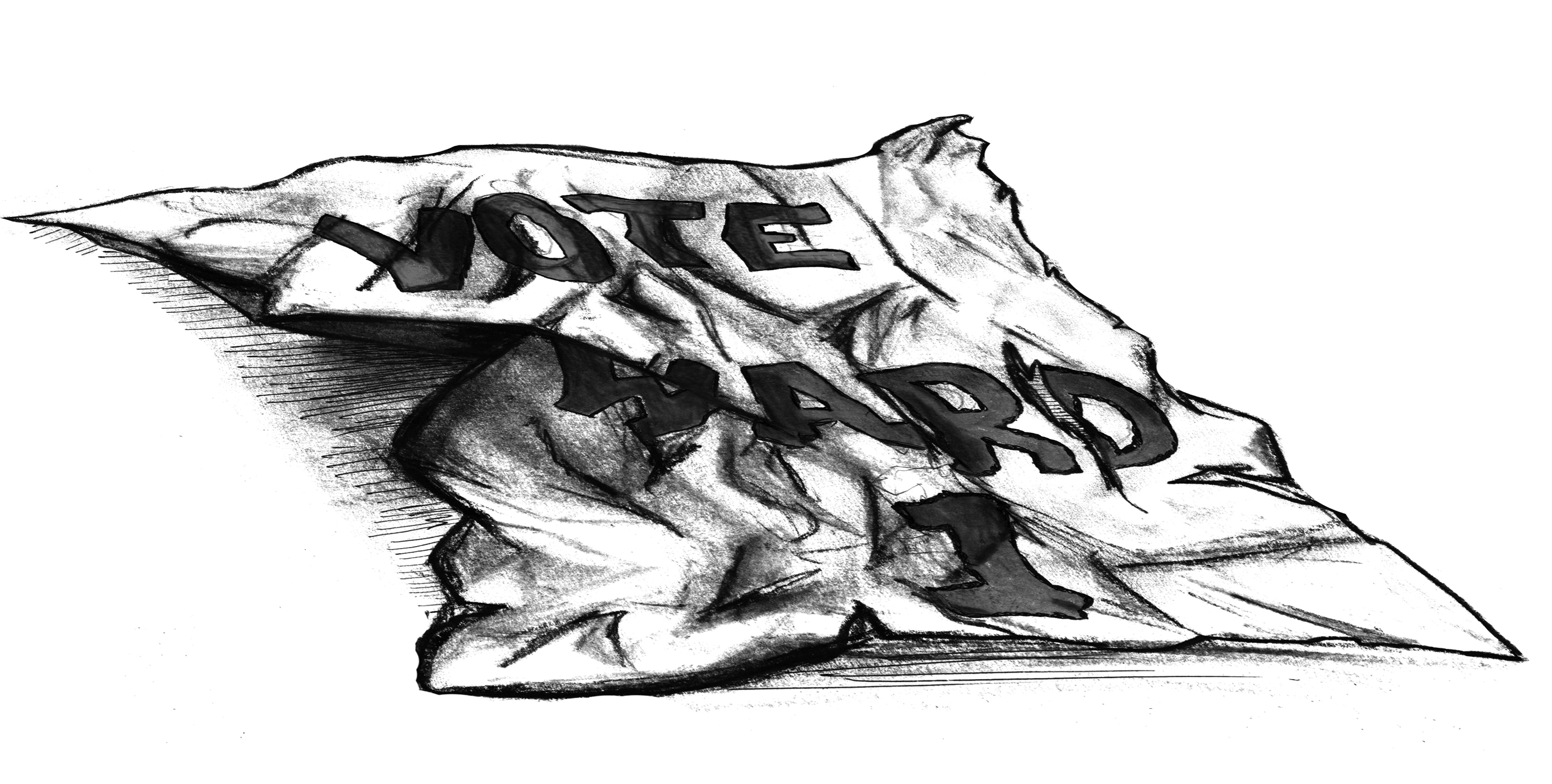
The News sparked a conversation about civic engagement last spring in an article questioning the existence of Ward 1 (“Do Yale and New Haven need Ward 1?” Apr. 20). After interviewing 37 Ward 1 residents, the reporter found that a startling proportion of students could not identify their alder. Using these numbers, Fish Stark ’17 launched a remarkable campaign around an important issue — the political engagement of Yale students.
We talk about this issue quite a lot in the context of the Dems’ voter registration campaigns, the purpose of the Yale Political Union or the organized activism of groups like Fossil Free Yale. Some students care quite a lot about politics, but not about local electoral politics.
The News asked the wrong question, narrowing the conversation about civic engagement to the Ward 1 alder. What do you imagine would have happened if the News had asked, instead, for respondents to name the mayor of New Haven, as well as Connecticut’s governor, senators and state representatives? To follow that up, the reporter could have asked respondents to name the same list of politicians from their hometown and state. Though I certainly hope that at least half could manage Gov. Dannel Malloy (half credit for Daniel or Dan), this skeptical writer would be willing to wager that the numbers of correctly named politicians working below the federal level would have been similarly low.
It isn’t just Ward 1 that students are neglecting politically, and it isn’t just students who are failing to engage politically. National voter turnout in the 2012 general elections was only 57.5 percent, which itself was a drop from 62.3 percent in 2008 and 60.4 percent in 2004. We’re trailing most developed countries in terms of eligible voter turnout by up to 10 to 20 percent.
Stark and his campaign got it right when they identified voter education and engagement as a problem — it is, in fact, a crisis. What they got painfully, significantly wrong was their claim that the source of this problem was Sarah Eidelson ’12, or that it was significant at all. If people don’t understand how politics is relevant to their lives, they sure don’t see how politicians could be.
American citizens remain existentially alienated — from their local and national communities, from their labor, from their abilities. I believe that politics exists to empower the individual and to foster a communal space of life-building and future-making. We need to move beyond capitalism and reject competition as a measure of good community, instead developing a collaborative politics. I see the incompetence and decreasing imagination of our bipartisan politicians as a source of this political alienation. This causes radical stratification of power along income lines, alongside the increasing commodification of our cultural and political spaces. When we don’t vote, we fail our democracy — but our democracy is failing us. If even 18-, 19- and 20-year-olds can’t be mobilized by idealism, how will anything change?
When you narrow down a problem, you narrow down your solutions. Throughout this election I’ve seen a lot of finger pointing. The Ward 1 alder should make more of an effort to connect with their constituents. Abstract groups of activists should come out of the woodwork to get people informed. When people ask, “Who is responsible for the apathy of Yale students?” they invoke the dual definition of “responsible” as being both “cause of” and “solution to” the problem. It is imperative that we find real solutions to this problem instead of wasting time on sporadic blame games.
There’s a case to be made that our political system would need to be entirely overhauled before citizens could feel universally democratically empowered in electoral politics — that, in a post-Citizens United, two-party electoral system, the individual will never realize the immediate consequences of their vote. We definitely need to address the inequities of capitalism: improving welfare and health care opportunities, shortening workweeks and enforcing generous maternal and paternal leaves. These reforms all give people the leisure and resources to engage.
We need a more rigorous debate around these questions. Why don’t we care about politics? Why won’t we vote? If we want to solve the problem of civic engagement, we should at least scrounge up the names of our own government representatives. Then maybe we could call them sometime, organize some marches, hold some meetings or set up a voter registration drive. We need our band-aid solutions because state mechanisms will continue to churn out profound local consequences, whether we care about them or not. Good democracy requires enthusiastic and well-informed civic engagement, but that’s probably going to require more than getting the president a Twitter account.
Emaline Kelso is a junior in Morse College. Contact her at emaline.kelso@yale.edu .







